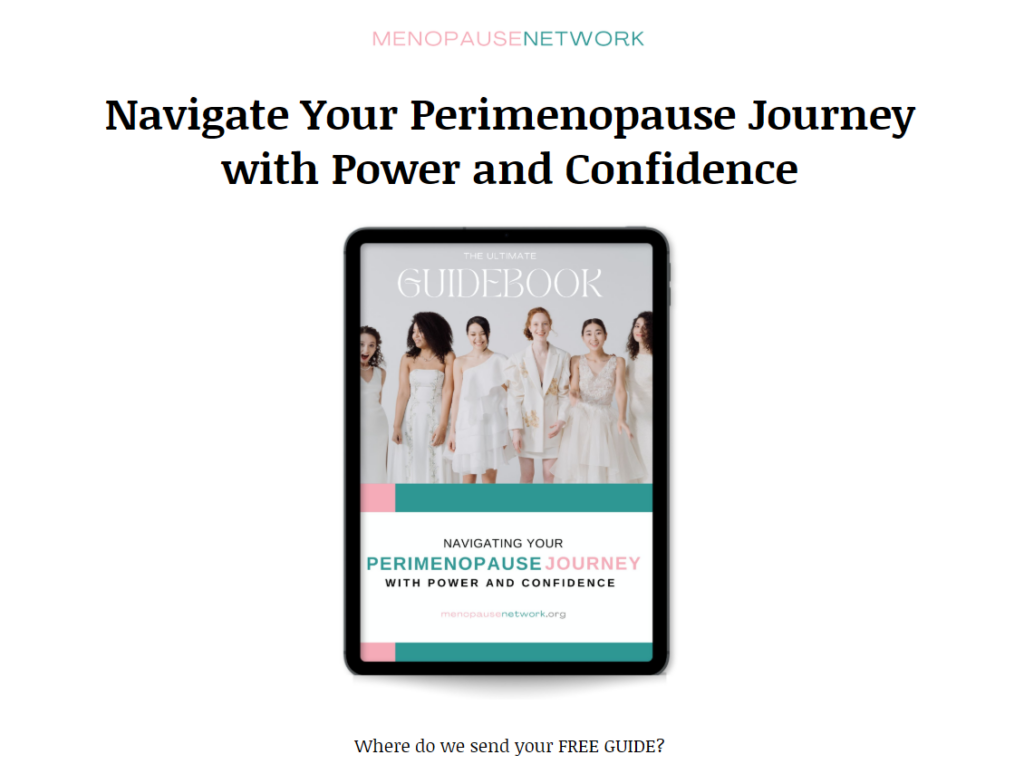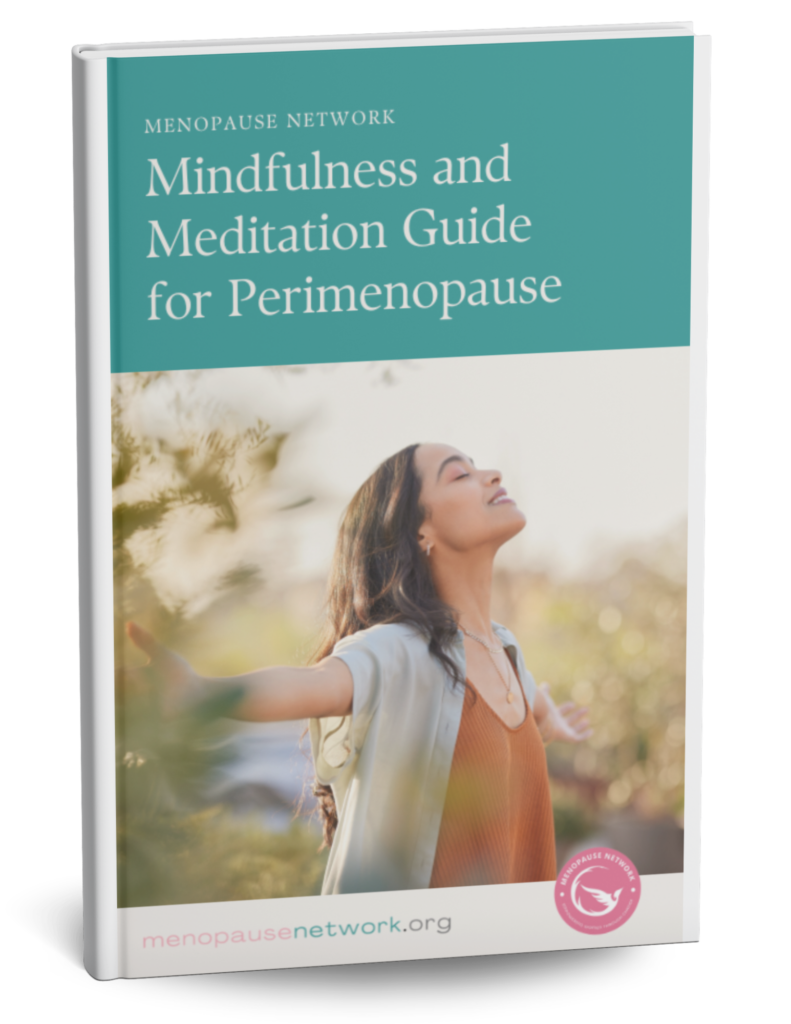Aging Gracefully Isn’t Just About Health—It’s About Who You Have Around You
Here’s what we don’t talk about enough: the way your health and your relationships impact how gracefully you age. It’s easy to get swept up in skincare hacks and trendy supplements, but real aging well—especially during perimenopause—starts deeper. It begins with how you care for your body and who’s standing beside you as it changes.
A 2025 Korean study offers a refreshing, research-backed perspective. It found that women’s health and social support are two of the strongest predictors of how well they age—not just physically, but emotionally and socially, too. This blog dives into that study, breaks down what it means in real life, and shares actionable tips to help you move through perimenopause with strength, clarity, and grace.
So here it goes…
What the 2025 Study Says Published in the Journal of the Convergence on Culture Technology, this study examined 193 Korean women aged 40 to 64. The researchers found strong statistical correlations between three key factors: health status, social support, and successful aging.
- Health and aging: r = .64 (This means that women who feel healthier are more likely to age well—physically, mentally, and emotionally. The number .64 shows a strong positive link, meaning that as health improves, so does the experience of aging.)
- Social support and aging: r = .67 (This tells us that women who feel supported—by friends, family, or community—are also more likely to have a better aging experience. The number .67 again indicates a strong connection.)
- Health and social support: r = .82 (This is the strongest link. It means that women who are healthier also tend to have better support systems. The number .82 is very high, showing that good health often goes hand-in-hand with strong relationships and community ties.)
In plain English, being healthy helps you age well. Having a strong support network helps even more. But when you combine the two, the benefits are amplified.
Even more interesting, the study showed that social support partially mediates the relationship between health and aging. That means women with average health but high social support may still experience a smoother aging process.
Why This Matters During Perimenopause
Perimenopause isn’t just a shift in hormones—it’s a full-body recalibration that can affect your physical health, emotional stability, and social identity. Symptoms like hot flashes, mood swings, brain fog, joint pain, weight gain, and sleep disruption can seem random at first. But when you zoom out, a pattern becomes clear: this is your body transitioning into a new hormonal reality.
And this is exactly where the 2025 Korean study becomes powerful. It doesn’t just confirm that change is happening—it shows that how you go through it depends on two key factors: your health and your relationships.
Let’s break it down:
- A health score of 3.65 out of 5 might not sound dramatic, but women who maintained physical, emotional, and social well-being scored significantly higher in “successful aging.” In other words, the better you care for your health now, the more likely you are to adapt positively to the changes ahead.
- A social support score of 3.89 out of 5 turned out to be even more predictive of graceful aging than health alone. Women who felt supported—by family, friends, partners, or even their community—reported better emotional resilience and more life satisfaction, even when their physical health wasn’t perfect.
- The strongest link of all? Health and social support: r = .82. That means women who took care of their health were also more likely to have stronger support networks—and vice versa. These two pillars reinforce each other in a powerful feedback loop.
So, why does this matter during perimenopause?
Because this phase is often when women feel most alone and least understood. It’s when societal support tends to drop off, even as the inner chaos ramps up. You might start to feel invisible at work, disconnected from your partner, or out of sync with your friends who aren’t going through the same things. And if your health is already feeling fragile, the emotional load doubles.
But the data makes one thing clear: you are not powerless. Investing in your health and your relationships during perimenopause is not optional—it’s essential. It’s what helps you reclaim a sense of control. It’s what allows you to face the mirror and your calendar with confidence again. And it’s what ensures that aging becomes a season of strength—not decline.
This is why the Korean study matters. It’s not just data—it’s a roadmap. And it’s backed by hundreds of stories just like yours.

Health: Your Foundation for Aging Well
Good health isn’t about perfection; it’s about making daily choices that support your body through hormonal shifts. According to the Korean study, women who scored higher in physical, emotional, and social health also reported greater satisfaction with aging.
Here are evidence-based ways to strengthen your health:
- Track What You Feel. Note patterns in sleep, mood, and energy. Awareness is your first tool for change.
- Eat to Fuel, Not Just to Fill. Anti-inflammatory foods like berries, greens, nuts, and omega-3s can reduce symptoms. Limit sugar and processed food, which worsen inflammation.
- Move Daily. Even light activity like walking can improve sleep and metabolism. Strength training builds bone density and supports hormonal balance.
- Sleep With Intention. Aim for consistency. A sleep routine can counter insomnia caused by shifting hormones.
- Get Checked. See your doctor regularly. Blood tests can catch thyroid issues or deficiencies that may look like menopause symptoms.
Social Support: The Secret Weapon

If there’s one thing the 2025 Korean study made clear, it’s this: social support isn’t just a “nice to have”—it’s essential. In fact, women with strong support systems aged more successfully than those who were healthy but isolated. That’s a bold statement, but it’s backed by data—and it’s changing the way we think about wellness in midlife.
Let’s be honest. Perimenopause doesn’t always play nice. It can challenge your closest relationships. One minute you’re fine, the next you’re snapping at your partner, ghosting your group chat, or crying over something that doesn’t even make sense. It’s easy to feel like retreating. But leaning into your relationships—rather than pulling away—can be your lifeline.
The research showed that marital satisfaction was a major predictor of aging well. If you’re partnered, this is your reminder: vulnerability is strength. Having honest conversations, creating shared rituals, and showing up for each other emotionally can shift your entire experience of this transition.
And if you’re flying solo? You’re not on the sidelines. The study found that friendships and community ties were just as powerful. Women with strong social networks felt more grounded, resilient, and satisfied with their lives—even when symptoms flared.
Here’s how to cultivate that kind of support:
- Call the friend who always “gets” you
- Let your partner in on what you’re really feeling
- Say yes to that book club, hiking group, or women’s circle
- Book time with a therapist or coach who can hold space for what you’re going through
The Mayo Clinic echoes this: people with strong social ties not only live longer—they manage stress better and enjoy sharper mental health (Mayo Clinic, 2023). In other words, your squad is your superpower.
At the end of the day, it’s not about having the perfect partner, family, or friend group. It’s about feeling seen, heard, and supported. That’s what truly makes a difference as you move through this phase of life.
Mind-Body Connection in Aging
The 2025 study included psychological and spiritual well-being as part of the health score. That means mental resilience and a sense of purpose are just as important as physical health.
Perimenopause can bring emotional upheaval. Estrogen impacts brain areas that control memory and emotion (Harvard Health Publishing, 2021). It’s normal to feel foggy or irritable. But these aren’t just “mood swings” — they’re physiological changes.
Strengthening your mental health could mean:
- Practicing mindfulness or yoga
- Talking to a therapist
- Journaling your thoughts
- Exploring creative outlets
It’s Not All in Your Head. It’s in the Data.
This isn’t just a wellness trend or feel-good fluff. The 2025 research confirms that how you take care of your body and how supported you feel truly shape how you age.
So, if you’re in perimenopause right now and wondering why you feel “off,” know that the changes are real. But also know this: with a few consistent health habits and strong relationships, you can take charge of this transition.
The Bottomline
Perimenopause doesn’t have to be a breakdown. It can be a breakthrough.
You have more power than you think. Prioritizing your health and nurturing your relationships during perimenopause isn’t a luxury—it’s a strategy for thriving. It’s how you stay grounded when everything feels like it’s shifting. It’s how you move forward with confidence, not confusion.
The 2025 Korean study doesn’t just offer statistics—it offers direction. It shows that with the right support and daily choices, aging can be a chapter marked by resilience, clarity, and strength. This is your roadmap—and you’re not walking it alone.
References
Harvard Health Publishing. (2021). What happens to your brain during menopause. Retrieved from https://www.health.harvard.edu/mind-and-mood/what-happens-to-your-brain-during-menopause
Mayo Clinic. (2023). Social support: Tap this tool to beat stress. Retrieved from https://www.mayoclinic.org/healthy-lifestyle/stress-management/in-depth/social-support/art-20044445
North American Menopause Society (NAMS). (2022). Understanding perimenopause. Retrieved from https://www.menopause.org
Park, H. J., & Jung, H. Y. (2025). The impact of middle-aged women’s health on successful aging: The mediating effect of social support. Journal of the Convergence on Culture Technology, 11(3), 139–147. https://doi.org/10.17703/JCCT.2025.11.3.139
























